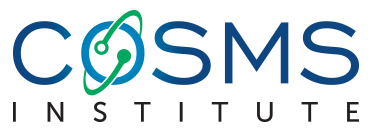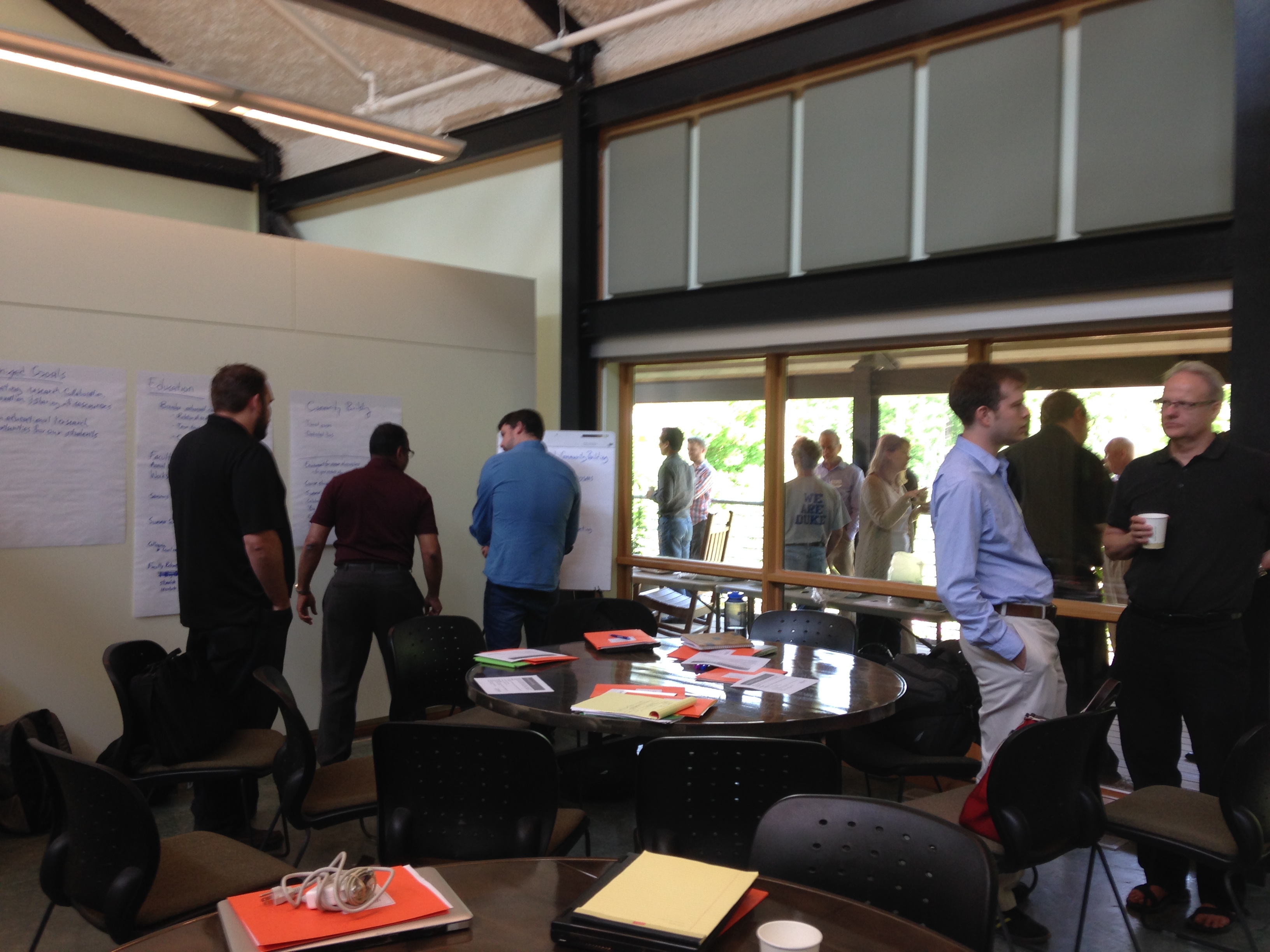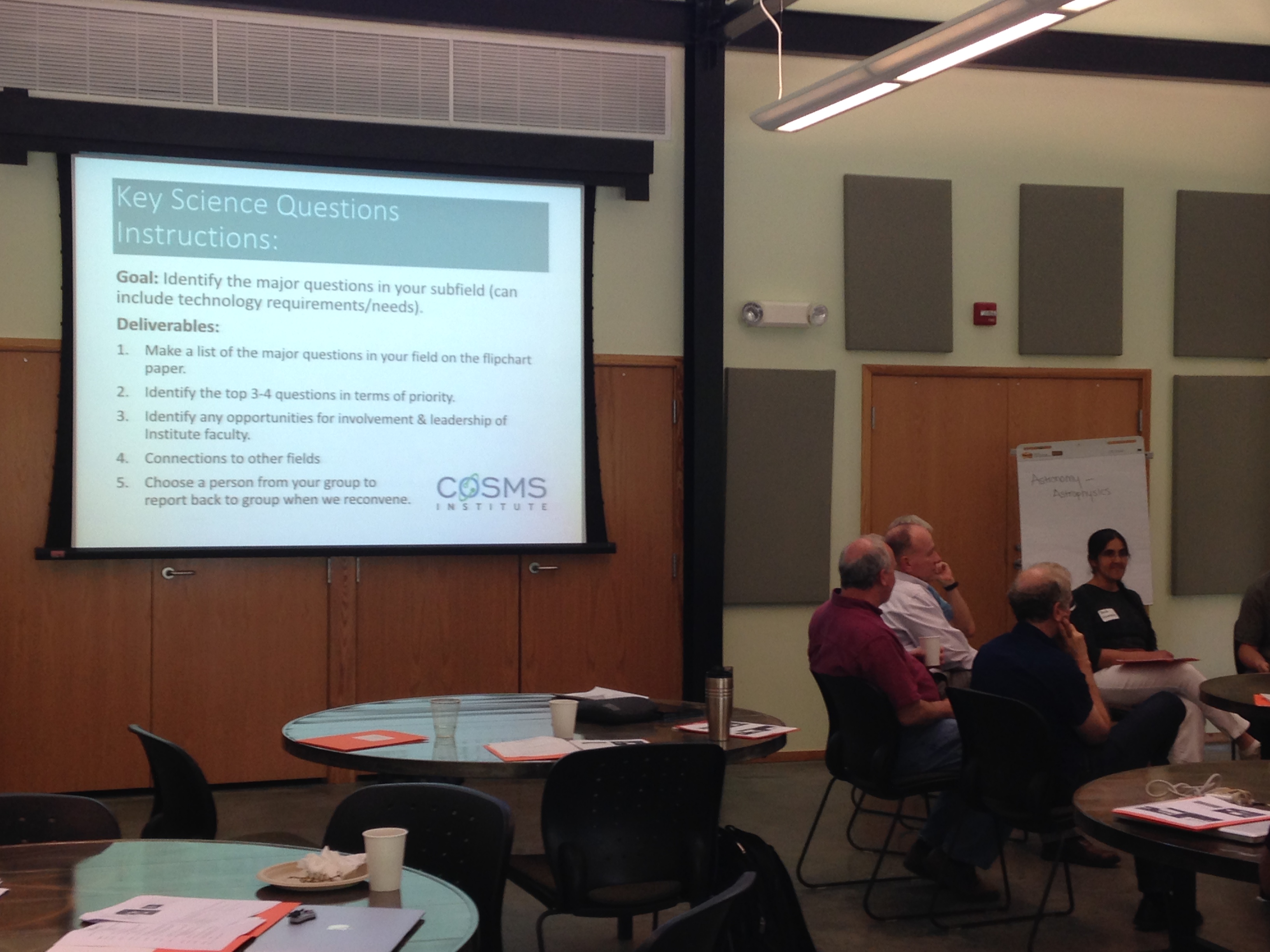“AWAKE: A Novel Acceleration Technology Based on Plasmas” Dr. Allen Caldwell
Abstract: New acceleration technology is mandatory for the future of high energy particle physics. A promising approach is to exploit the properties of plasmas. An experimental program has started at CERN, the AWAKE experiment, where proton bunches will be used for the first time ever to drive plasma wakefields. The information gained from this suite of experiments will provide the basis for designing next-generation accelerators. In the presentation, the ideas behind plasma wakefield acceleration will be explained, as well as the pros and cons of different approaches. The goals and status of the AWAKE experiment will then be described.






